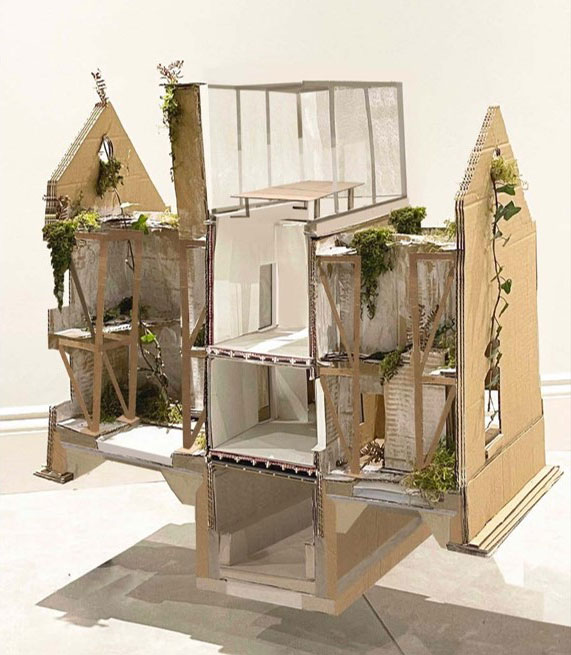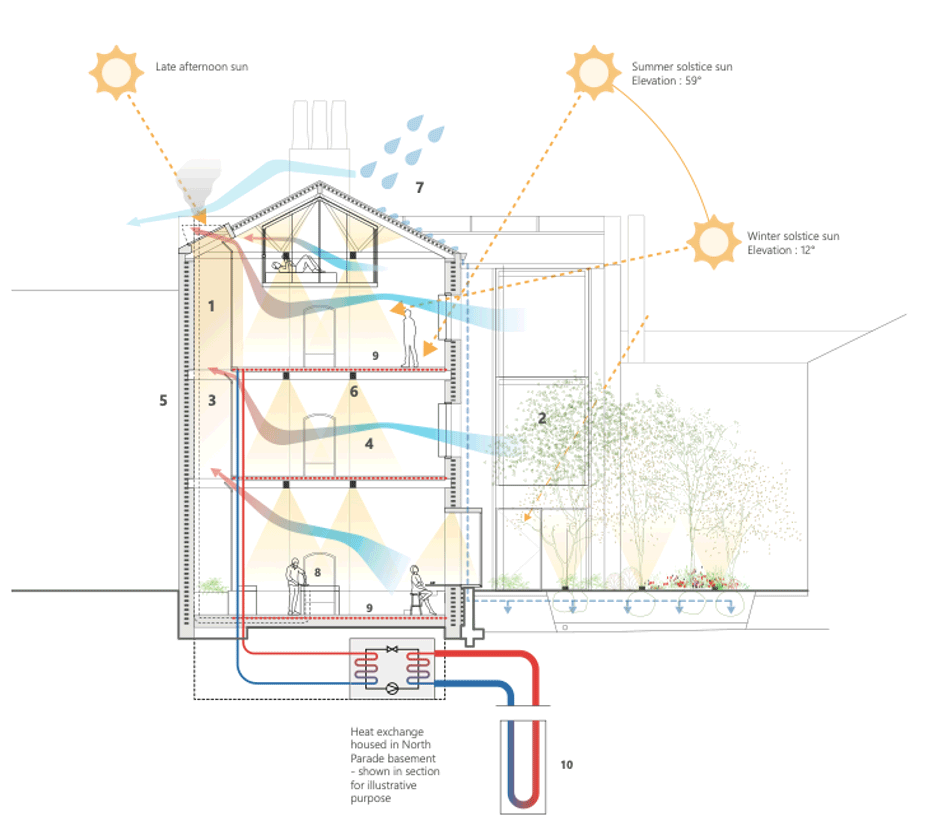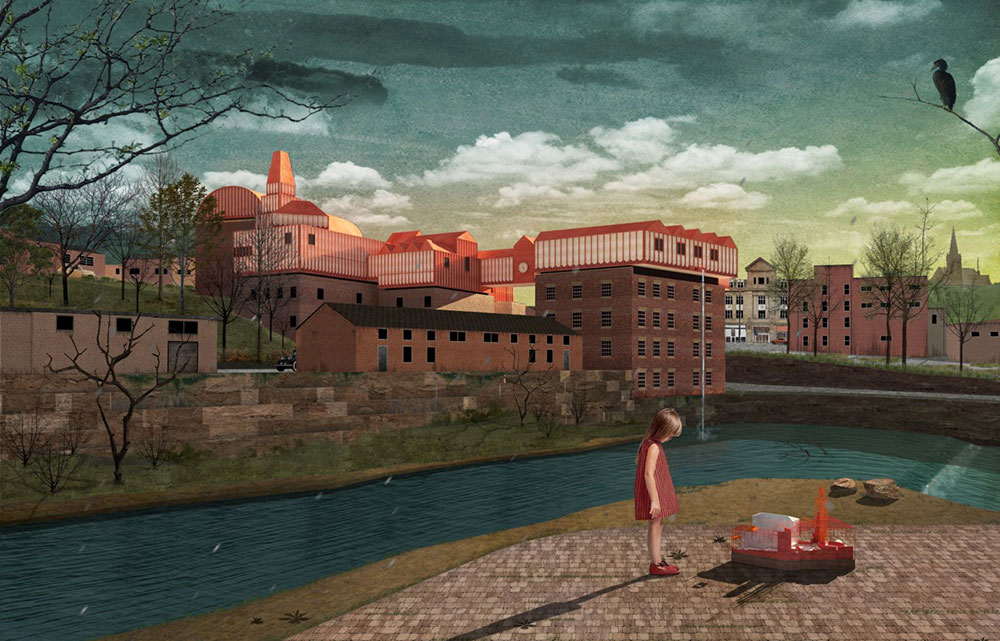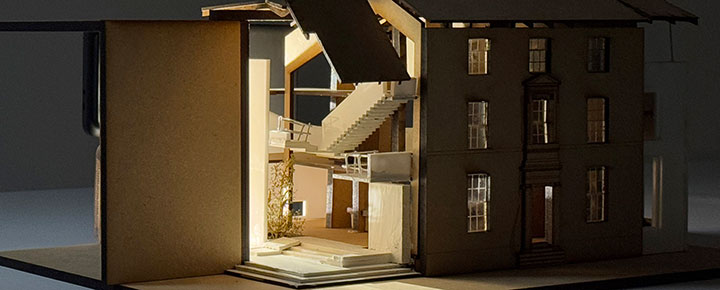Course Overview
Adaptation is now at the forefront of architectural practice; two of the most pressing challenges in the 21st century are climate change and urbanisation. Given that already more than half of the global population live in urban environments, and by 2050, it is projected that over 70% of the world population will live in cities, all societies need to be able to accommodate growth while at the same time, reducing consumption. The existing building stock needs to become both more efficient and more resilient.
In Manchester School of Architecture, students will investigate the four main aspects of sustainable reuse - environmental, societal, inhabitation and economic – while also exploring heritage, history, memory, community, and the influence these factors have on remodelling activities. They will look at the impact that context and the environment have upon projects, while developing an understanding of some of the technical issues including construction, environmental control, and materials in order to make creative and appropriate proposals for new users of buildings. Students will also examine specific examples of adaptive reuse, theories of reuse and explore strategies for the conservation and adaptation of the existing environment.
The specialist workshops within Manchester School of Art and the University of Manchester will provide students with opportunities to explore materiality, fabrication, and the realisation of ideas. Studio teaching is research-informed and underpinned by design research methodologies and engagement with industry.
Features
- Shape the future of the built environment by exploring new, heritage friendly and sustainable approaches to development.
- RIBA award-winning buildings provide high-quality facilities and learning environments.
- Benefit from building, industry and workshop visits alongside collaborative projects with students, clients and users.
- Study a degree that is delivered jointly by The University of Manchester and Manchester Metropolitan University. You will benefit from the facilities and resources of both institutions such as libraries, computer suites, making and media workshops and much more. Upon successful completion of your studies, you will receive one degree certificate. The joint award certificate includes each institution’s crest and awarding body title.
Career Prospects
Graduates of Architecture and Adaptive Reuse will be well-equipped to enter a variety of roles within architecture, planning, conservation, and heritage management across both academic and industry contexts.
Duration
1 year full-time
2 years part-time










